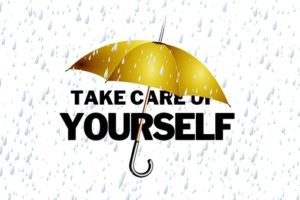Student Debt Legal Defense
Student debt has been the bane of an entire generation, and the banks, government, and courts have made a devil’s bargain to keep it that way. But the situation is not completely hopeless.
Defenses
The thing to remember with student debt is that, while most of it started with a bank, almost all of it has ended up in the hands of the federal government. The FDCPA won’t apply, but the basic rules of litigation still do. That means that whoever is suing you – if that’s what is happening – has still got to follow the rules of evidence and prove its case. And being a debt buyer instead of original creditor, the plaintiff will still have some trouble proving its case.
And perhaps most hopefully, because of the scale involved, the law firms bringing these suits are acting in every bit the same factory-like way that other debt collectors do. Thus if you use our usual methods of defense you will have a decent chance of winning. I say “decent” chance because the government has stacked the deck in certain ways and often does have the evidence it needs, but I keep hearing from people who have used our materials and won. So it is possible that our materials and strategies work just as well against student loan debt collectors as others.
And certainly you will increase your chances of winning, or of settling at some reasonable amount, by fighting the lawsuit.
Bankruptcy
The law of bankruptcy is not very hopeful regarding student debt. It is quite discouraging at the moment, although there seems to be a political movement afoot to improve that situation. As it currently stands, however, bankruptcy law requires that, in order to achieve relief from a student loan, the debtor must show that paying the loan would require an “undue hardship.” And some courts have been almost unbelievably harsh and destructive regarding what would constitute undue hardship.
The law varies from federal circuit to federal circuit, but it isn’t great anywhere.
If there is a silver lining to the travesty of student loan bankruptcy law, it is that currently only about 1% of people with student loan debt even bother to seek bankruptcy relief – it could happen much more often if people would at least try. Yet the path is hard and very uncertain. Still, in some jurisdictions, the courts are much more sympathetic than others, so I would suggest that if this is an issue for you, you should discover which jurisdiction has the best law and consider moving there.
Our rather lengthy report on student debt law might be helpful in assessing the status of the law in various jurisdictions.




